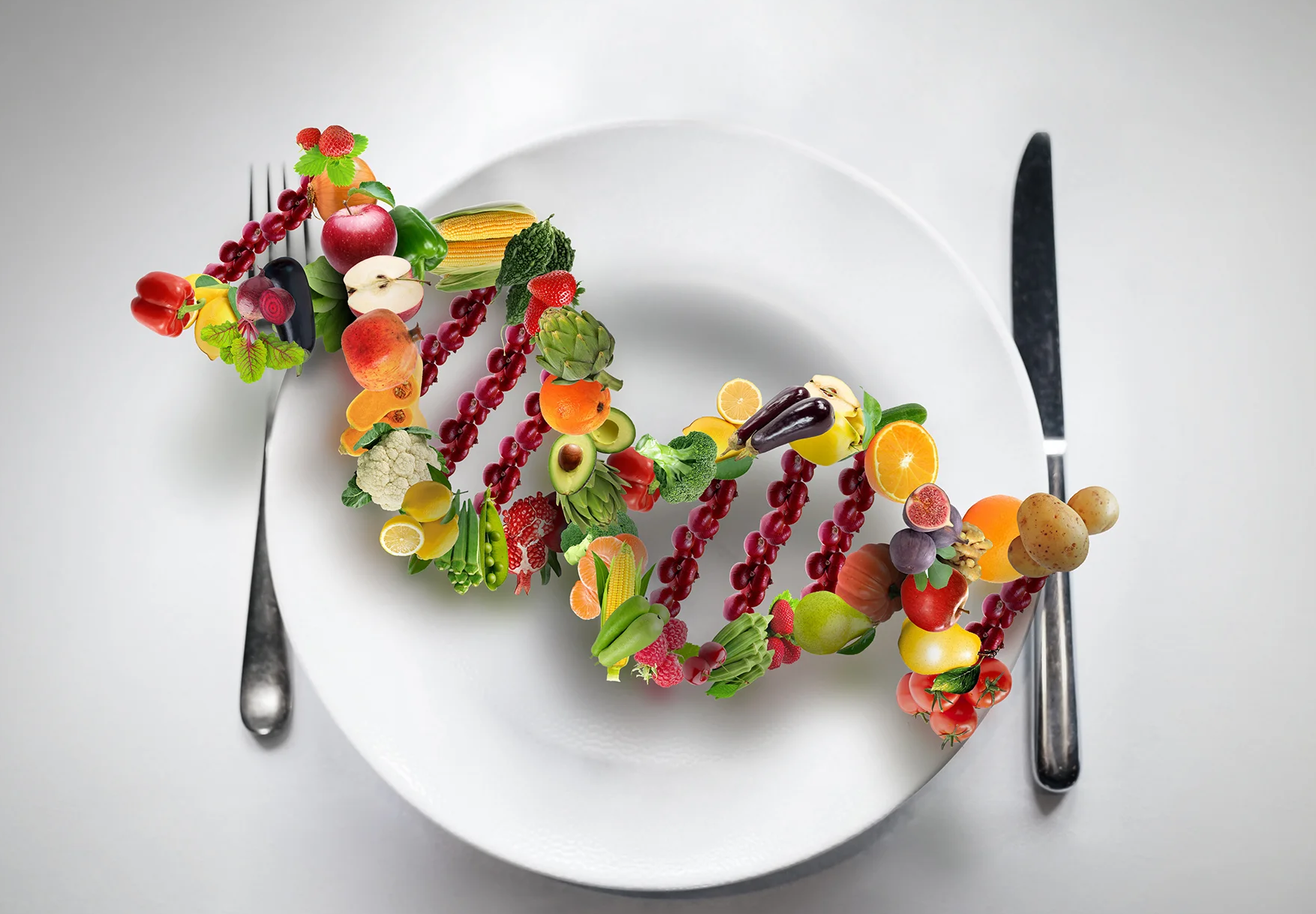Health, Diet, DNA Diet
Do DNA-based diets really work?
Can your genes really tell which diet will work best for you?

Overview
Personalised diet plans based on your genetic testing (DNA diet) have been growing in popularity among consumers eager for a new path to wellness- one that’s tailored specifically to them. The idea is that everyone's genes are unique, so everyone must have a different set of nutritional requirements to achieve optimal health. However the main concern of many has been whether they actually work.
What is DNA?
DNA, or deoxyribonucleic acid, is a molecule made up of two chains that wrap around one another to create the genetic structure or blueprint. DNA is responsible for providing the information needed to create the structure and function of living organisms, including humans, plants, and some viruses.
What is a DNA diet?
The idea that one diet suits all is not the case, as each individual and body type is different and every individual is unique. Research has investigated DNA and how a diet can be created from each gene in our bodies to get a diet personalized and suited to you.
A DNA diet tries to overcome the struggles people face when it comes to dieting as it provides a diet based solely on an individual’s DNA.
Why was the DNA diet created?
DNA sequencing has allowed examination of various genetic traits that are associated with multiple states of health and disease.
Nutrigenomics is the study of the relationship between nutrition and the human genome. Some researchers and diet developers believed that examining one’s DNA can help determine which diet would be most appropriate for an individual’s health.
How does the DNA diet work?
DNA diets are created by companies based on their interpretation of how up to 100 aspects of one’s DNA sequence influences their health and susceptibility to disease. Rather than recommend a diet for a population, DNA diets claim to make recommendations based on what would be optimal given what is known about a client’s DNA composition. Some of the DNA diet companies will also provide meal plans, recipes, and grocery lists.
What are the considerations used by companies recommending DNA diets?
Any possible allergies and intolerances are considered when a DNA diet is created. As well as what food group is the best for weight loss.
Testing someone’s DNA allows companies to determine whether or not they have specific genetic variants that make them more susceptible to obesity, problems with alcohol intake, or food allergies or intolerances.
Companies often supplement the genetic information they obtain with results from questionnaires about eating habits or associated feelings, as well as blood tests to measure blood sugar.
What Science Says
Studies on the role of genes on health haven’t found that genes can reliably predict the effects of a diet. The PREDICT-1 study from Kings’ College London, for example, analyzed the food intake of 110 identical twin pairs in a clinical setting to find that participants had varying metabolic responses to food depending on meal content, meal context, and non-genetic “individual baseline characteristics,” like body composition and metabolites found in the body’s cells. Less than 30 percent of the variation had to do with the macronutrients of the meals (carbs, proteins and fats), which are a big part of the DNA diet kit recommendations.
A 2015 review of studies published in the OMICS: A Journal of Integrative Biology explored the role of 38 genes commonly analyzed in nutrigenomics tests, using data from over 500,000 individuals. The review found that there was not a significant relationship between these genes and health outcomes. Another study in JAMA found that genotype didn’t significantly account for weight loss when participants tried low-carb or low-fat diets.
Many nutrigenomics companies list studies on their website to back up their claims. Often, the studies that are cited generally support the link between certain gene variants and how they might influence a person's response to a low-fat diet, or one that's high in protein. But the extent to which genetic differences interact with diet is unclear. Another problem is that there are few clinical trials that actually measure the effectiveness of DNA-tailored diets as compared with other approaches.
Things to consider before dieting
Always consult a dietician or doctors' advice when considering changing a diet plan, particularly if you have an underlying condition.
Bottomline
While the impact of genes in an individual is not irrelevant, still it cannot be the only determining factor for a diet plan. The key to maintaining a healthy weight depends on several factors like your body’s condition, whether your suggested diet plan is balanced, if you are working towards making healthy lifestyle changes.
Reference
- https://www.ncbi.nlm.nih.gov/pmc/articles/PMC5224962/
- https://www.cambridge.org/core/services/aop-cambridge-core/content/view/723D8DE84544AA82E703326DDA26F82E/S0029665120000919a.pdf/personal_metabolic_responses_to_food_predicted_using_multiomics_machine_learning_in_1100_twins_and_singletons_the_predict_i_study.pdf
- https://www.liebertpub.com/doi/10.1089/omi.2015.0109
- https://jamanetwork.com/journals/jama/fullarticle/2673150





































































































